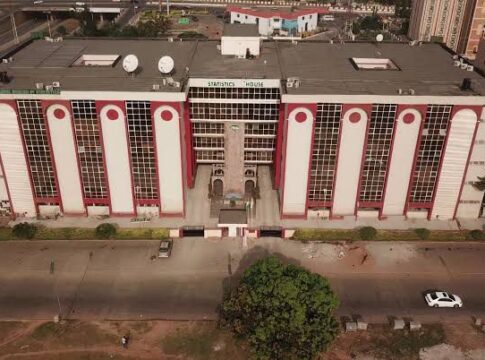The Nigerian government has announced a policy eliminating import duty and Value Added Tax (VAT) on critical gas-related equipment. This move is aimed at accelerating the adoption of cleaner energy sources and easing living costs for millions.
The tax exemptions cover machinery, spare parts, and infrastructure for Compressed Natural Gas (CNG) and Liquefied Petroleum Gas (LPG). Feed gas for processed CNG and LPG, conversion kits, and installation services are also exempt. Importantly, this policy retroactively applies to LPG imports made under specified HS codes since August 2019, with all previously issued debit notes to be rescinded.
“These policy changes will reduce energy costs, enhance security, and fast-track our transition to a cleaner energy future,” Comptroller General of Customs Bashir Adeniyi stated. The initiative forms a key part of the Presidential Gas for Growth Initiative (PCNGI), a cornerstone of Nigeria’s energy reform strategy.
READ MORE: Nigerian Armed Forces Retire 656 Senior Officers After 22,000 Years of Combined Service
To benefit from these incentives, importers must secure an Import Duty Exemption Certificate (IDEC) from the Ministry of Finance and a letter of support from the President’s Special Adviser on Energy. Adeniyi emphasized strict compliance, assuring stakeholders of seamless implementation.
The National Customs Service (NCS) reiterated its commitment to ensuring the policy achieves its intended impact. “This is a national priority, and we urge all stakeholders to align with this vision,” said Abdullahi Maiwada, the agency’s Public Relations Officer.
The fiscal incentives reflect Nigeria’s broader ambition to reduce carbon emissions and position itself as a leader in Africa’s energy transition. Experts believe these measures could encourage widespread adoption of gas as a cheaper, cleaner alternative to conventional fuels, providing relief to households and businesses grappling with high energy costs.




